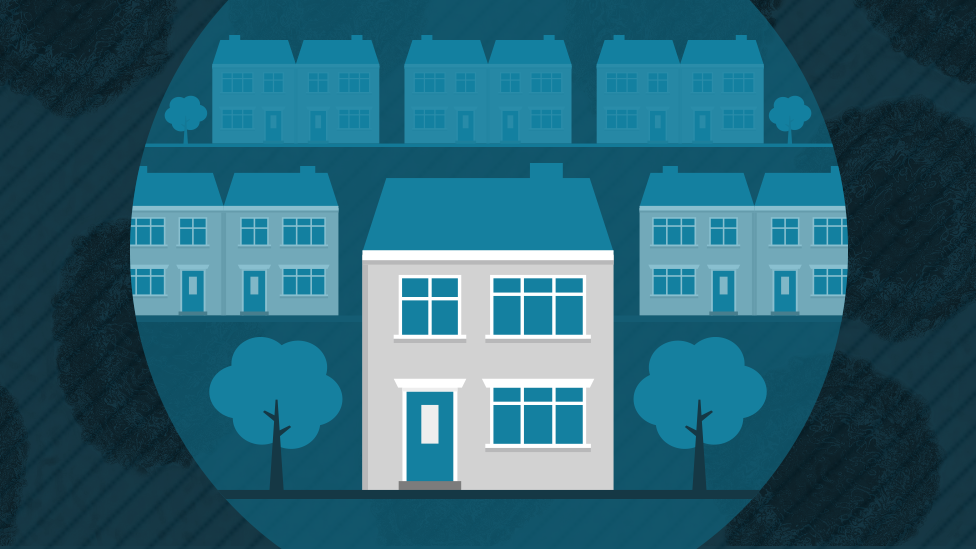Coronavirus: New restrictions for swathes of northern England
- Published
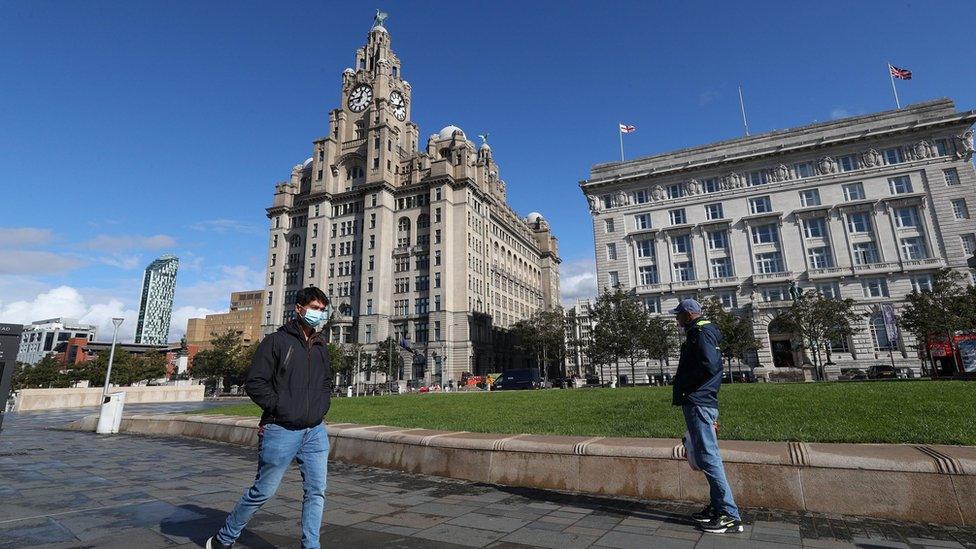
More than a third of the UK is now under heightened restrictions
Tighter restrictions have come into force in parts of northern England after a spike in coronavirus cases.
It is now illegal to meet people indoors from other households in the Liverpool City Region, Hartlepool, Middlesbrough and Warrington.
Health Secretary Matt Hancock said it was "necessary" to bring the new measures, which includes places like pubs and restaurants, into force.
More than a third of the UK is now under heightened restrictions.
The new rules come as hundreds of Northumbria University students are self-isolating after testing positive for Covid.
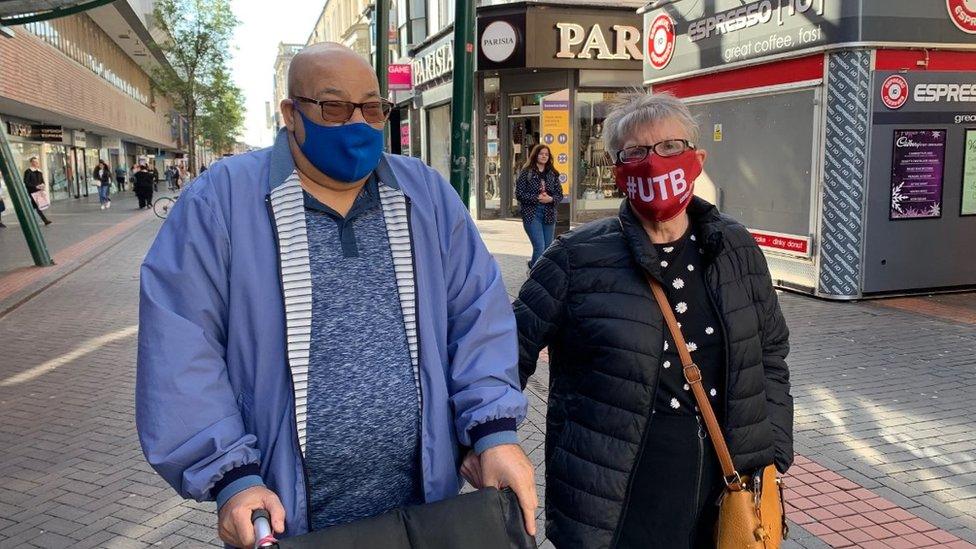
Middlesbrough has been on the government's watchlist following an increase in cases
The new rules have split opinion in Hartlepool.
Steven Brittan said: "This could have been stopped a long time ago but people haven't stuck to the restrictions so now we are all having to suffer the consequences."
Shelia Calvert said: "It's absolutely totally wrong, [the rules] are far too harsh.
"People have suffered enough with not seeing their families."
Andy Bostwick said: "It's very frustrating that you can go to work with people but you then can't go for a beer with them after work, which is something I do quite a lot on Friday with the lads."
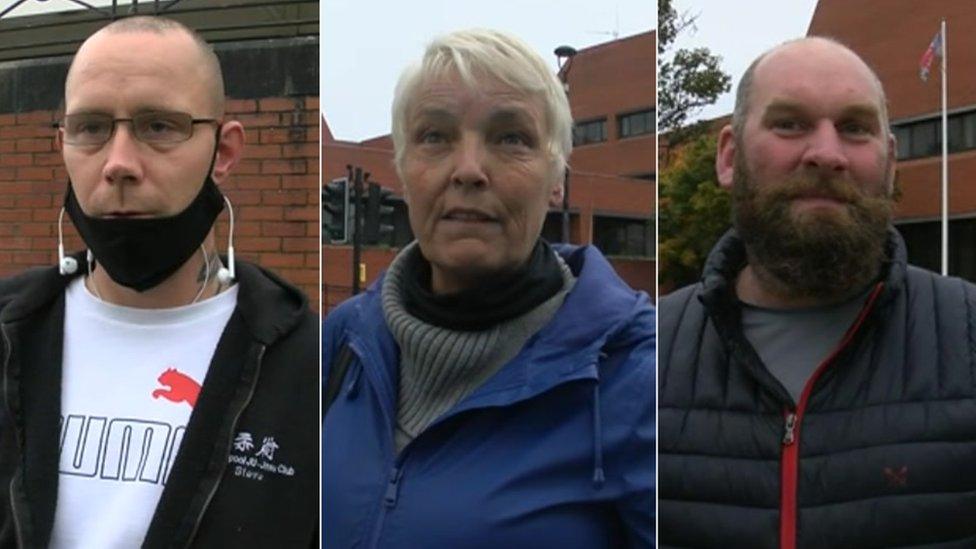
People in Hartlepool are among those who have to abide by new restrictions
After a steady decline since the first peak in April, confirmed coronavirus cases in the UK have been rising again since July, with the rate of growth increasing sharply from the end of August.
On Friday, another 6,968 people tested positive, slightly down from more than 7,000 a day earlier in the week.
Meanwhile, Germany has issued a warning to its citizens against travelling to Scotland and northern England because of increases in infections.
They were also tightened up this week in Newcastle, Northumberland, Gateshead, North Tyneside, South Tyneside, Sunderland and County Durham, as well as four areas of north Wales.

SOCIAL DISTANCING: How have rules on meeting friends changed?
SUPPORT BUBBLES: What are they and who can be in yours?
FACE MASKS: When do I need to wear one?
TESTING: How do I get a virus test?

Announcing the latest restrictions, Mr Hancock told the House of Commons "cases continue to rise fast" in Teesside and the north-west of England.
Knowsley, an area in the Liverpool City Region, had the second highest infection rate in the country at 262 per 100,000 on 27 September.
Liverpool's weekly infection rate rose to 258, Warrington's was 163 and Hartlepool and Middlesbrough both had 121 cases per 100,000 people.
Burnley, where no further restrictions are yet to be imposed beyond the Lancashire-wide ones already introduced, has the highest infection rate in England at 327 per 100,000.
Mr Hancock also "recommended against all social mixing between households", but said he wanted the restrictions to stay in place for "as short a time as possible".
People in those areas should also:
Not attend professional or amateur sports events as spectators
Only visit care homes in exceptional circumstances
People should not travel unless it is essential - for example to school and work
The independent mayor of Middlesbrough said the changes would damage the local economy and people's mental health.
But people in Liverpool had been expecting the tighter measures.
Speaking on BBC Radio 4's Today programme, Matt Ashton, director of public health for Liverpool, acknowledged there were "so many different rules, so many different regulations, it is confusing for people to understand".
He added: "We need to move the conversation now to people really understanding the risk of Covid in our communities... to do the right thing and just to minimise their contact with other people as much as possible."
Andy McDonald, Labour MP for Middlesbrough, said it was "imperative" people "accept and abide by" the new measures but called for "improvement in communication" between the government and local councils.
He said: "These restrictions have been imposed without due consideration or dialogue.
"We have no idea of what exit strategy is planned or what achievements have to be attained in order to see these restrictions lifted.
"It is simply not good enough."
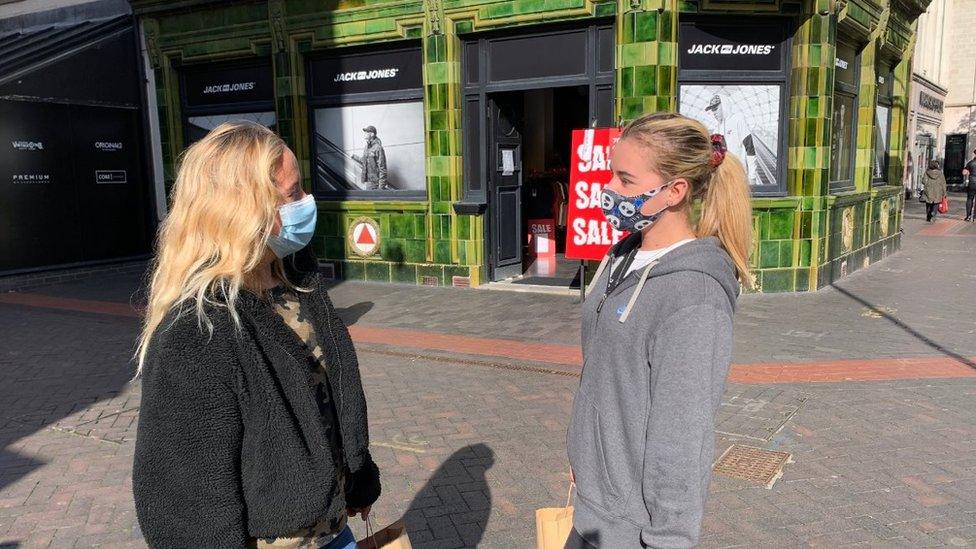
Middlesbrough's infection rate was 121 cases per 100,000 people
Alice Wiseman, director of public health for Gateshead, said introducing new restrictions was a "tricky balance" but was about putting a "package of measures together that enable us to keep as much of the economy open while reducing the transmission of the virus".
A spokesman for Northumbria University, in Newcastle, confirmed 770 students had tested positive for coronavirus, 78 of whom are symptomatic.
All infected students and their close contacts are self-isolating for 14 days in line with government guidance.
It comes as people arriving in the UK from Turkey and Poland now have to quarantine for two weeks.
The new rules - which also apply to the Caribbean islands of Bonaire, St Eustatius and Saba - came into force at 04:00 BST on Saturday.
- Published3 October 2020
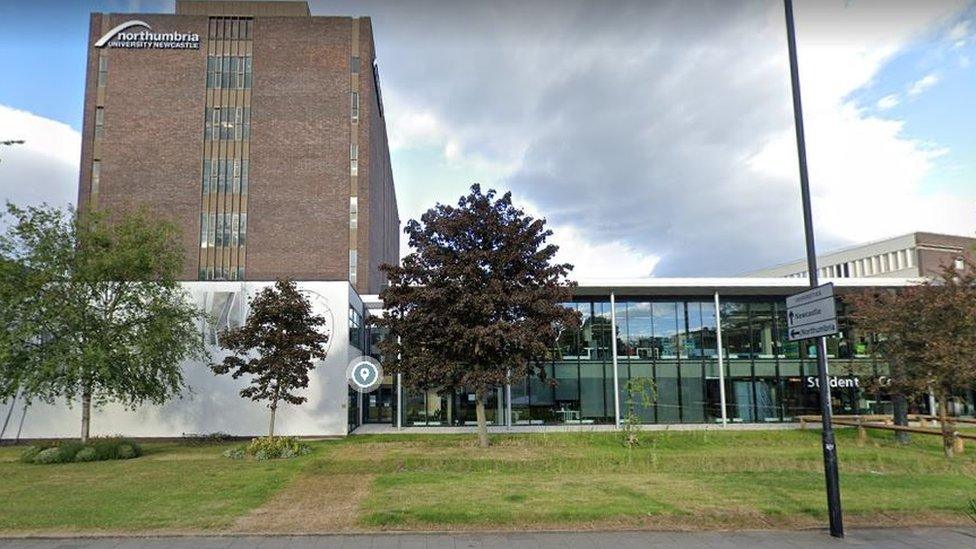
- Published1 October 2020
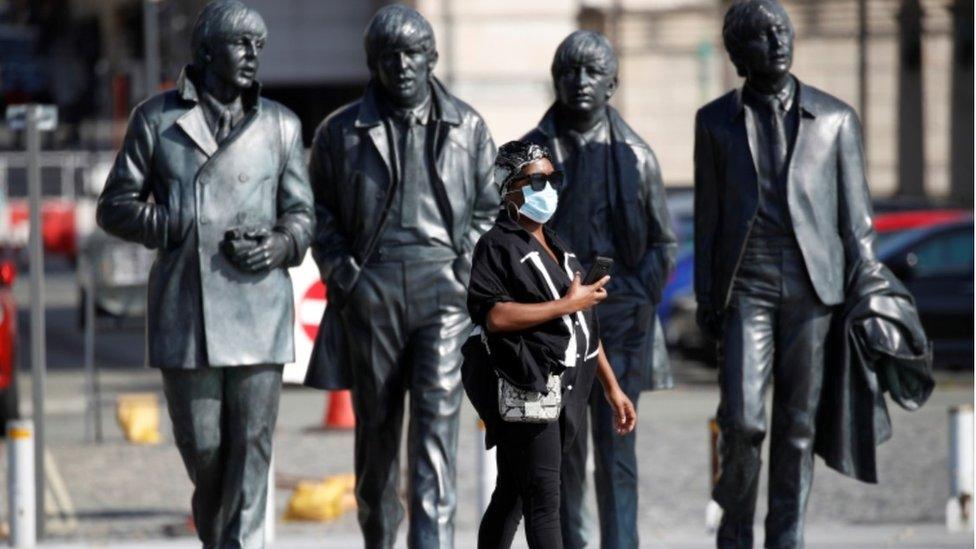
- Published1 October 2020
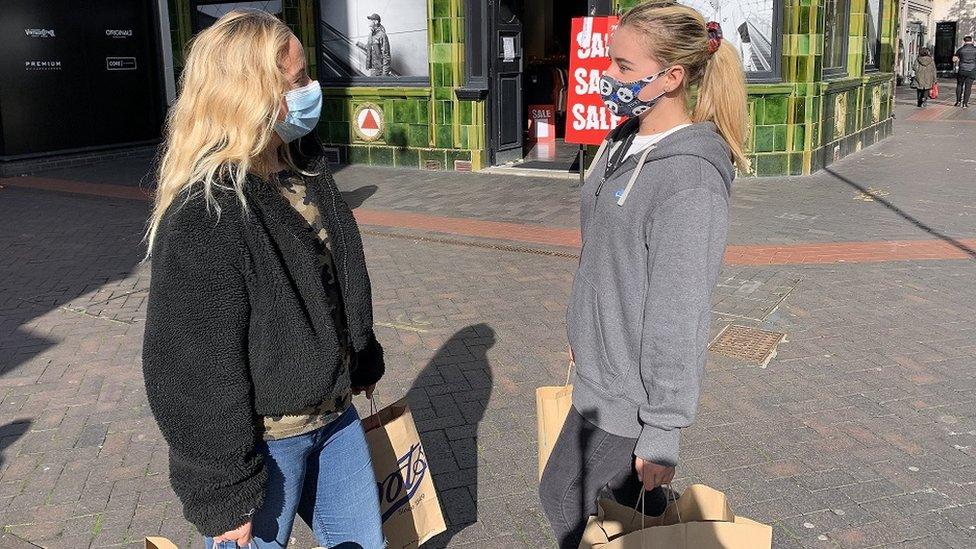
- Published5 July 2023

- Published26 January 2022
